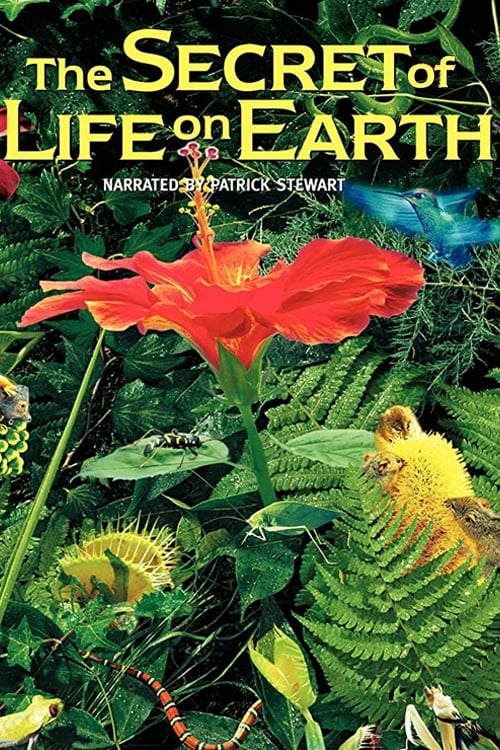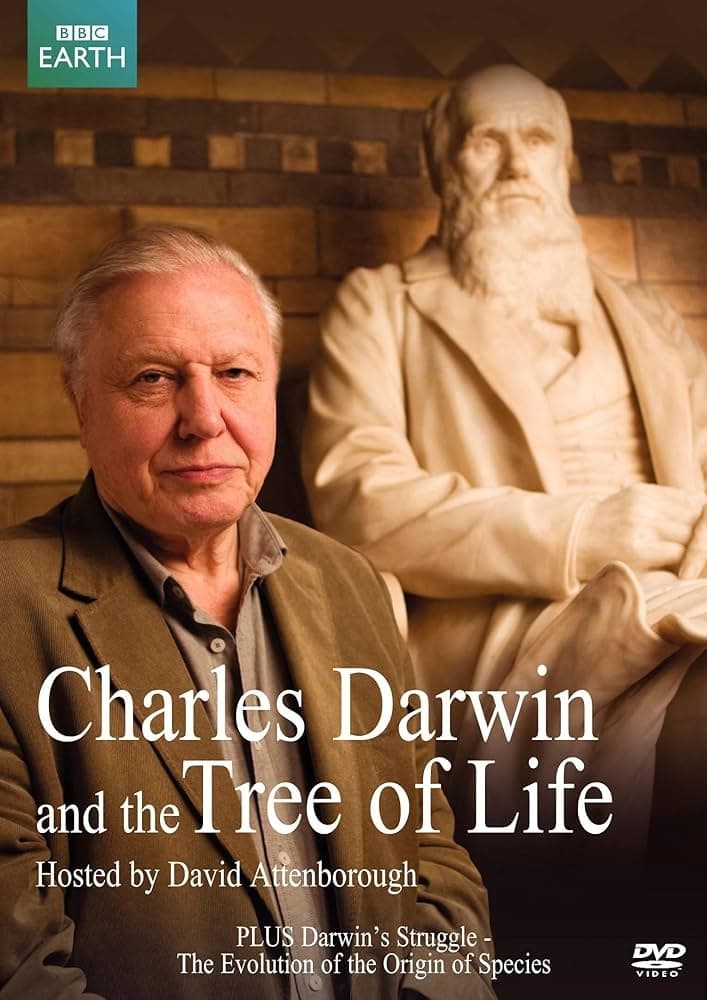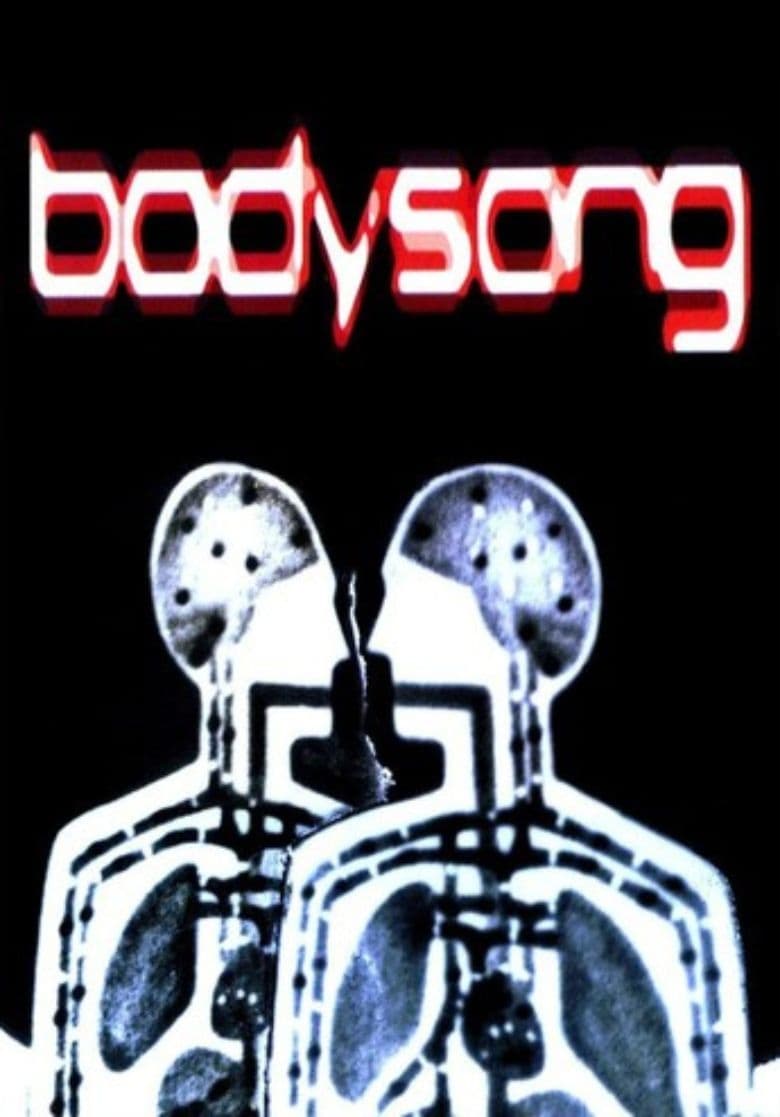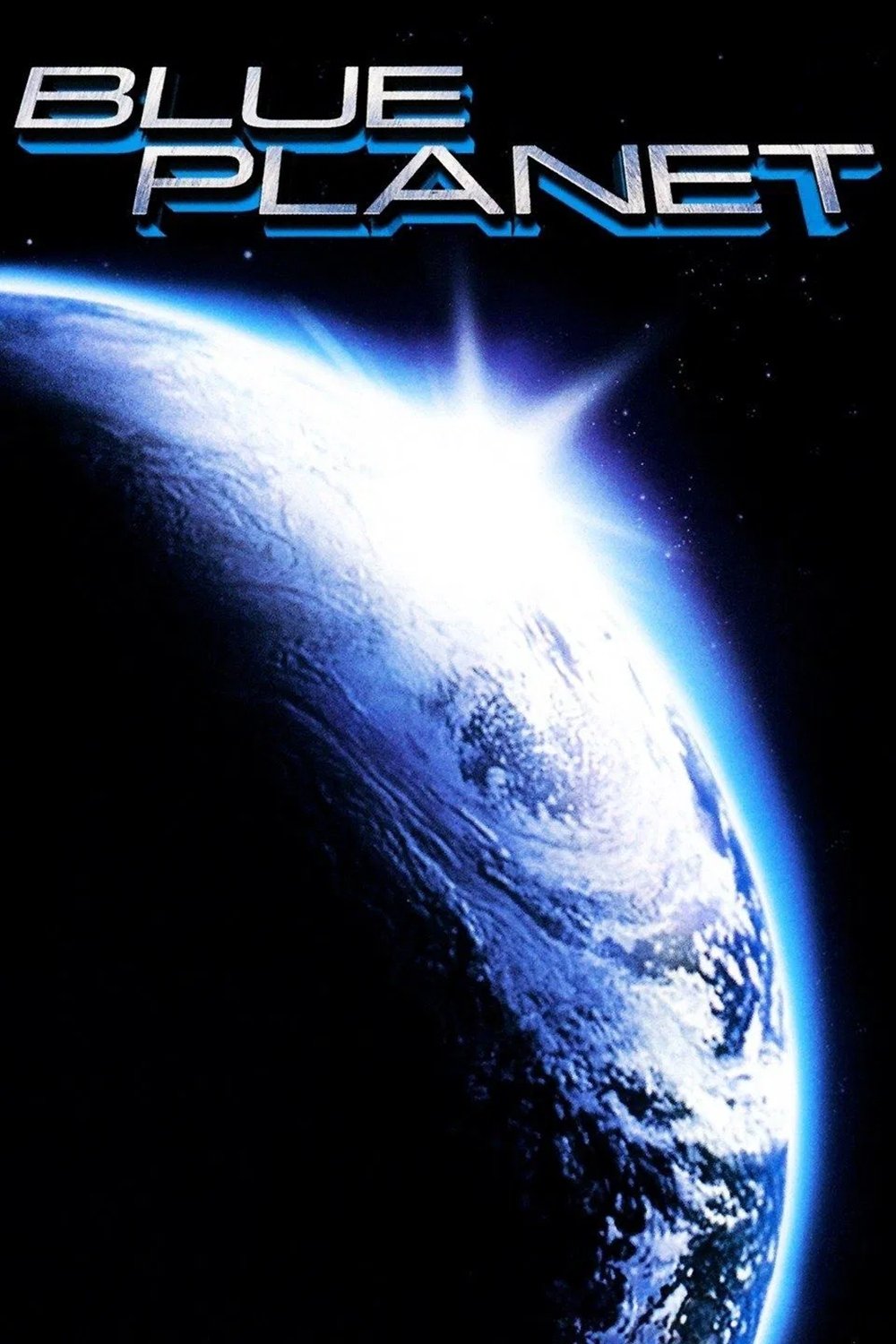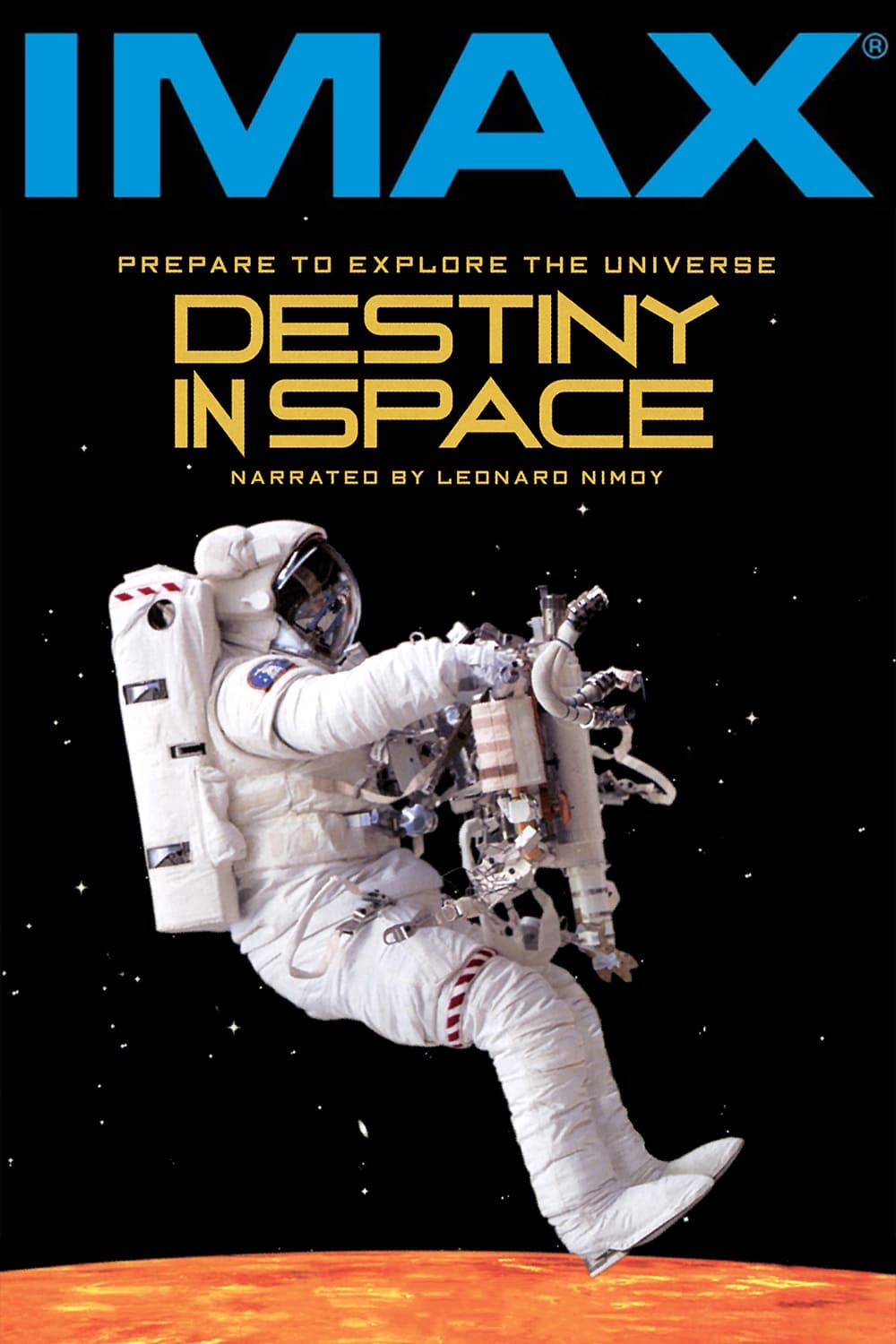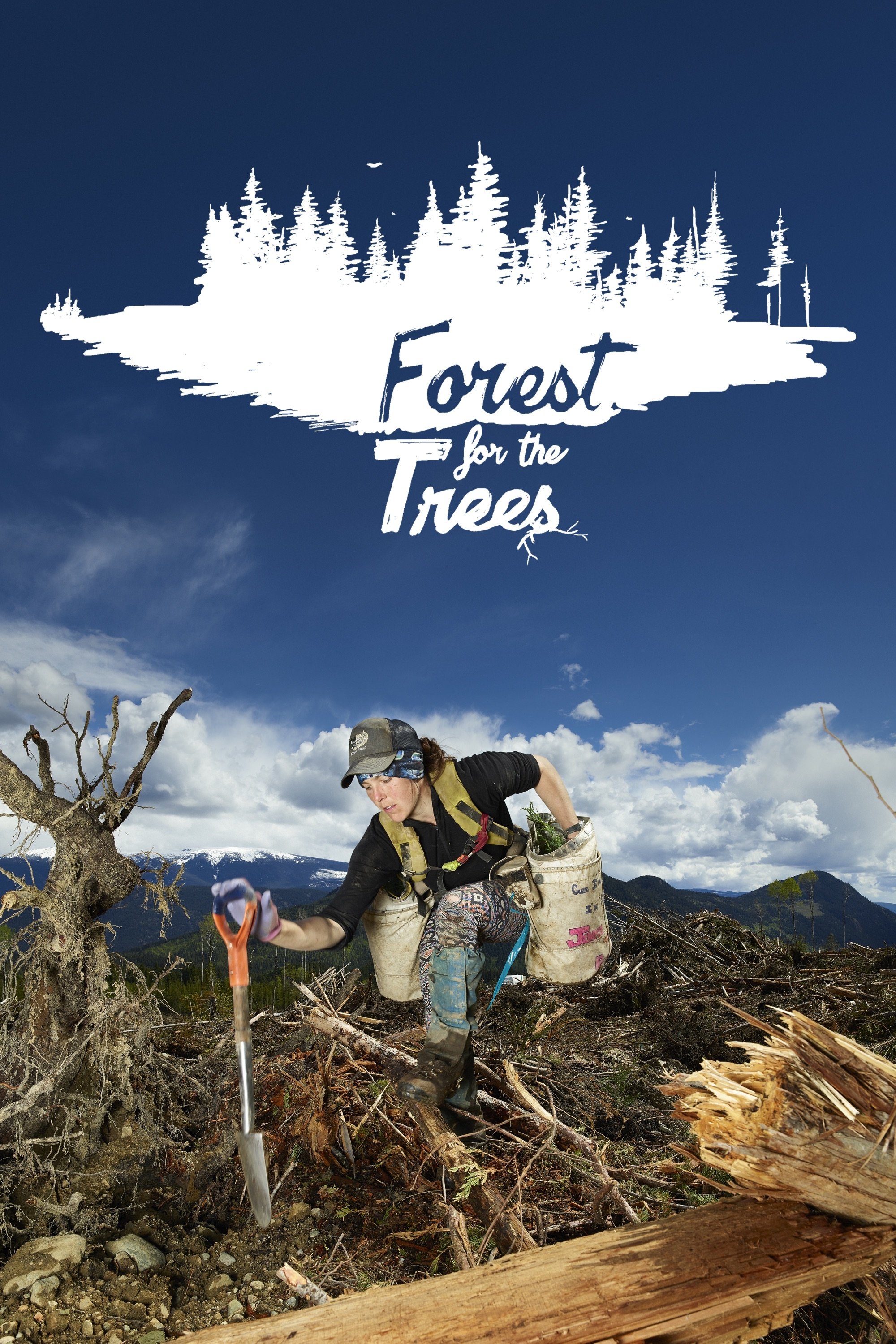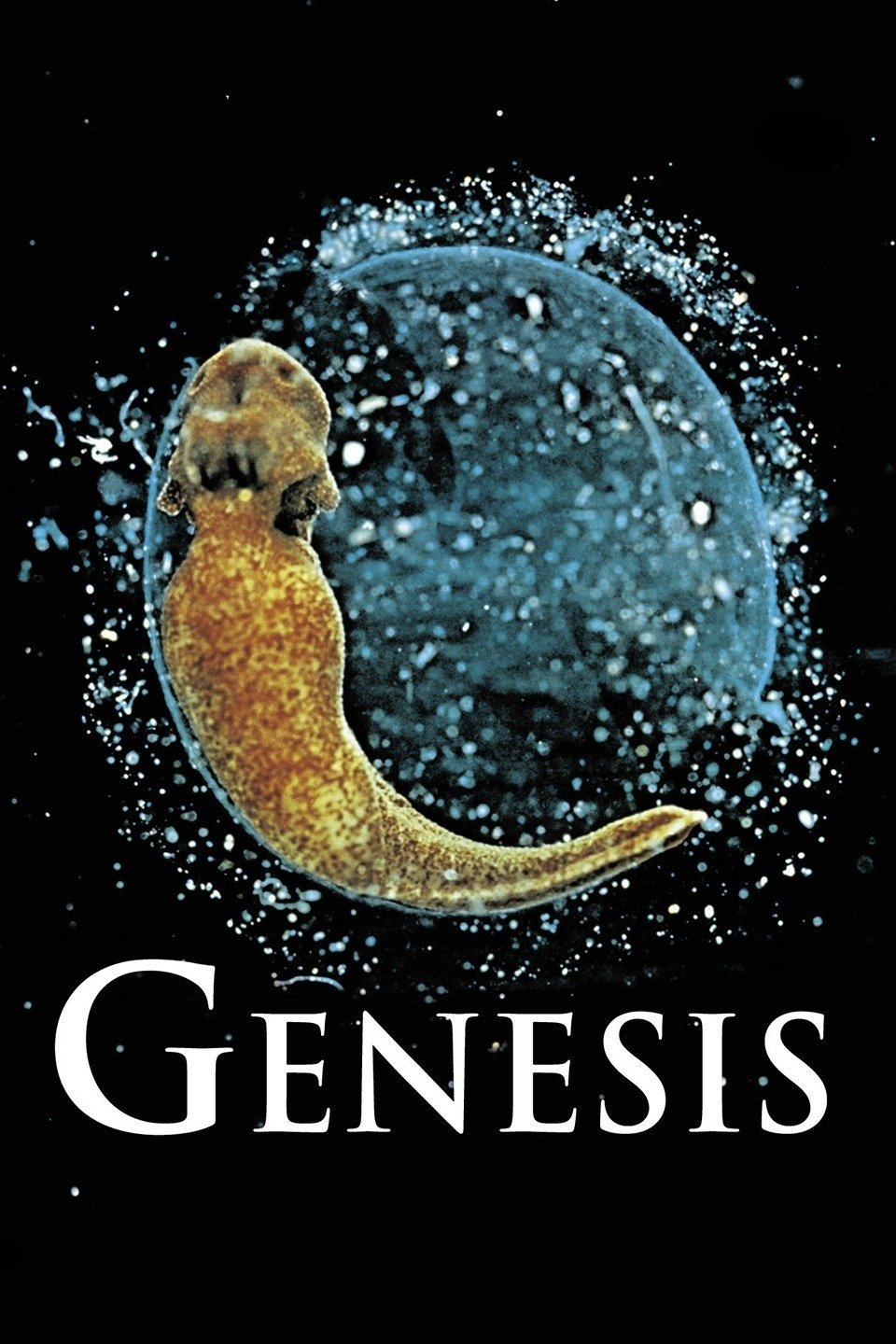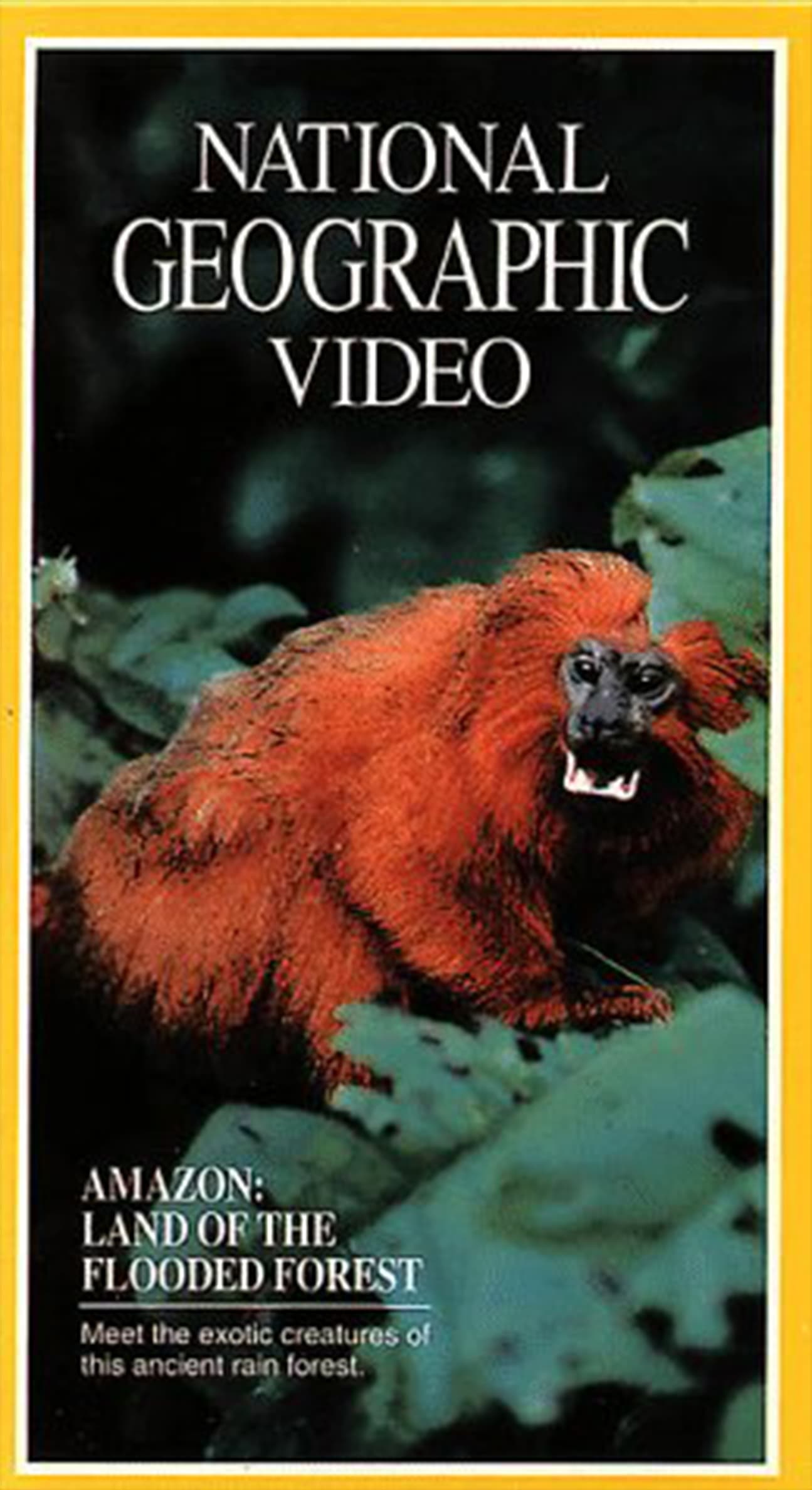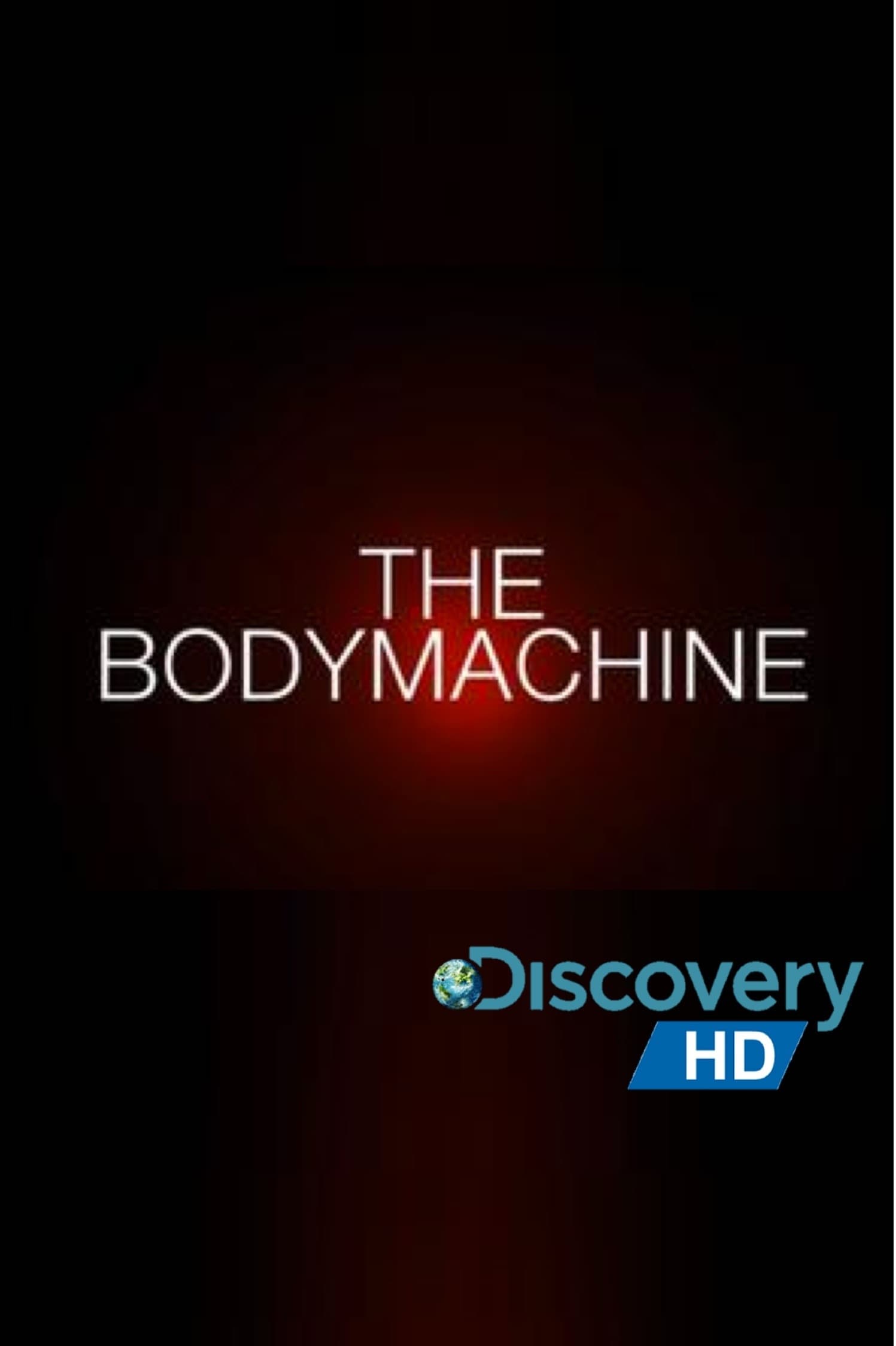Kůrovec
Watch Movie
Share
Kůrovec
1951
00.0(0 votes)
Documentary
Overview
Links & Resources
Social & External
Production Companies
Cast & Crew
1 member
Acting
Felix le Breux
Commentary (voice)
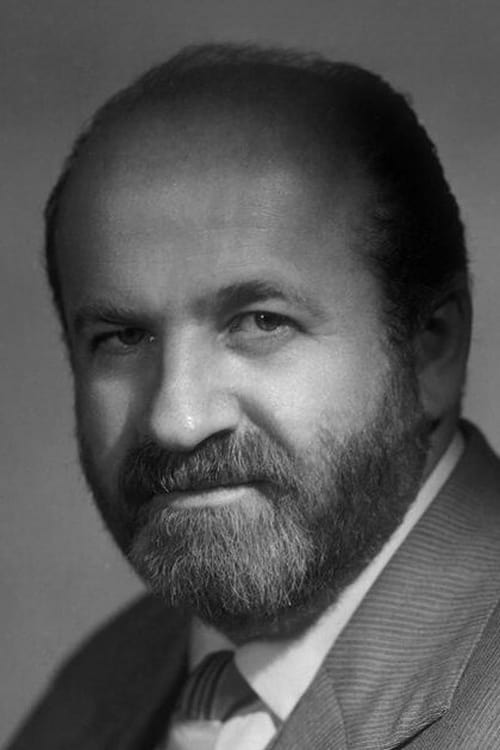
Similar Movies
Recommended Movies

No Recommendations Yet
We're working on finding the perfect movies for you. Check back soon!
More movies coming soon

